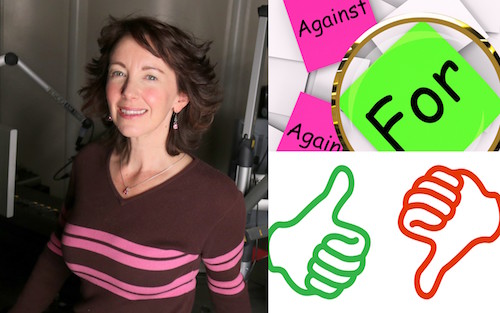
This week we consider ‘If You Are For Something Must You Be Against Something?’ There is a well-known quote from the Bible “Whoever is not with me is against me”. But in everyday life if you are for something must you automatically be against something else? It would seem in the US with the current political climate and also the issues with the recent shootings by police and of police that this is how many of us feel. We feel if we are pro-black then we must be anti-police and vice versa or if we support one political candidate then we are against the others. If you feel strongly for something does it make you take up a position against something else?
Leon Festinger’s theory of cognitive dissonance focuses on how humans strive for internal consistency. According to work by Eddie Harmon Jones and Kracht and Woodard, when new conflicting information is presented mental stress is created. If this is not alleviated by changing our view then other ways to reduce stress include misperception; rejection or refutation of the new information; seeking support from those with similar views; and trying to convert others to our way of thinking. When you feel strongly about something do you feel a tendency to want to reject information that conflicts with your views? Or convert others to your way of thinking? If more of us were able to to hold conflicting views in mind – for example that we can support the police and be critical of them – what effect do you think that might have on finding solutions to social problems?
In Out And About we consider topics with local relevance and global significance. The idea is to get us thinking about the questions that affect us all – to stimulate new thinking, or clarify what we already feel. To hear how other people’s opinions may differ from or be similar to our own.

